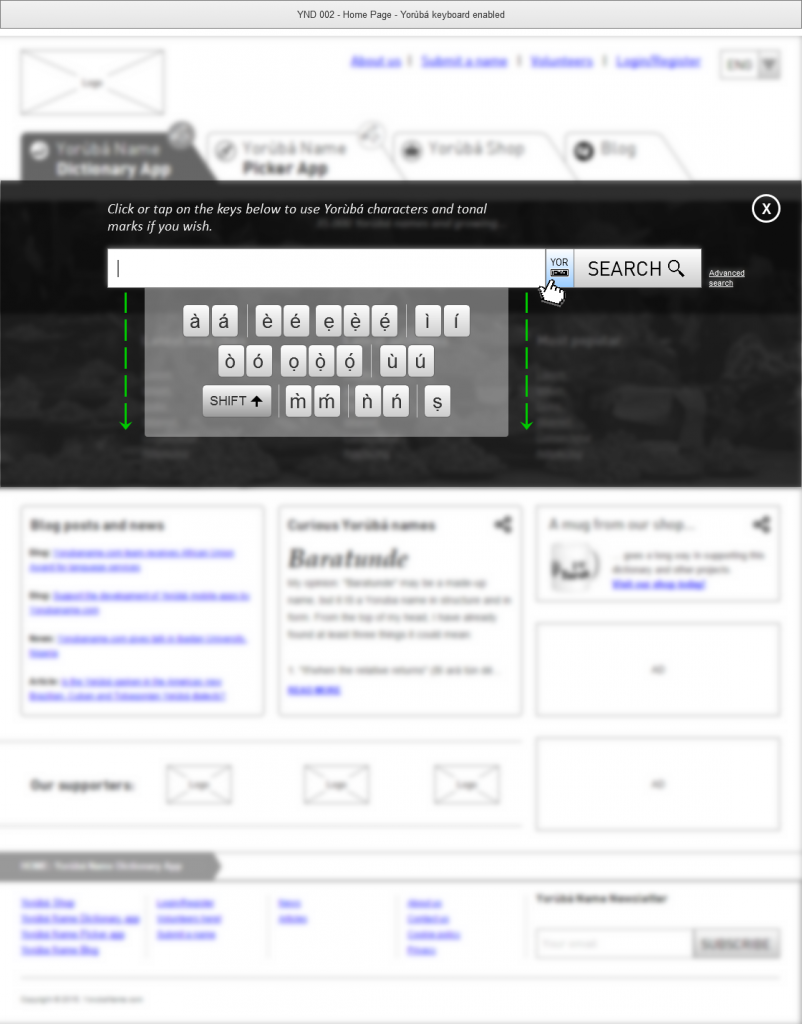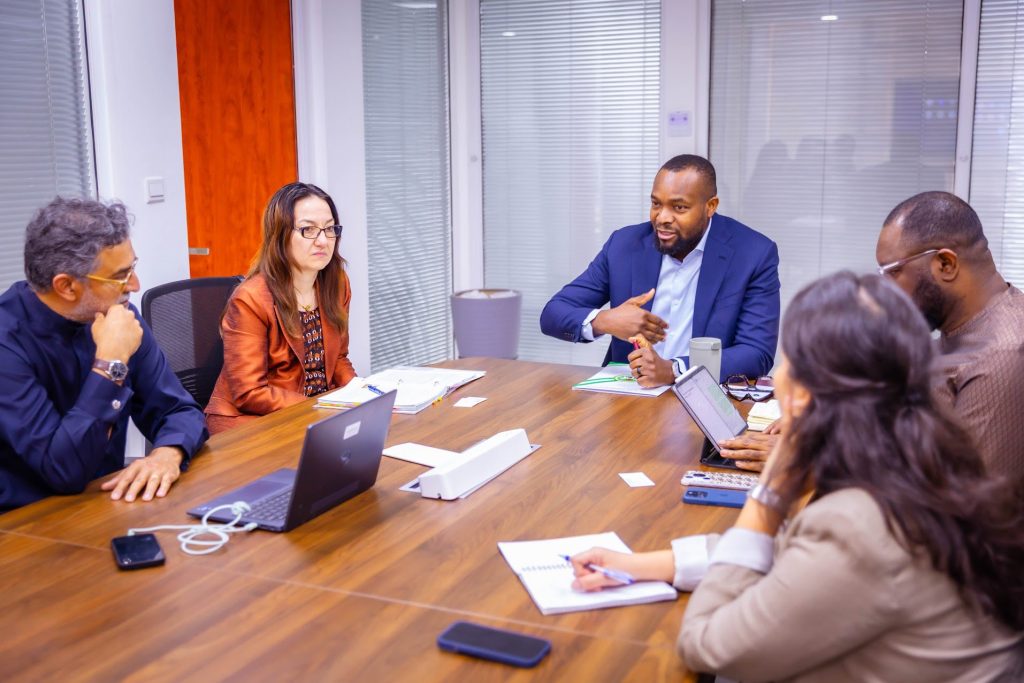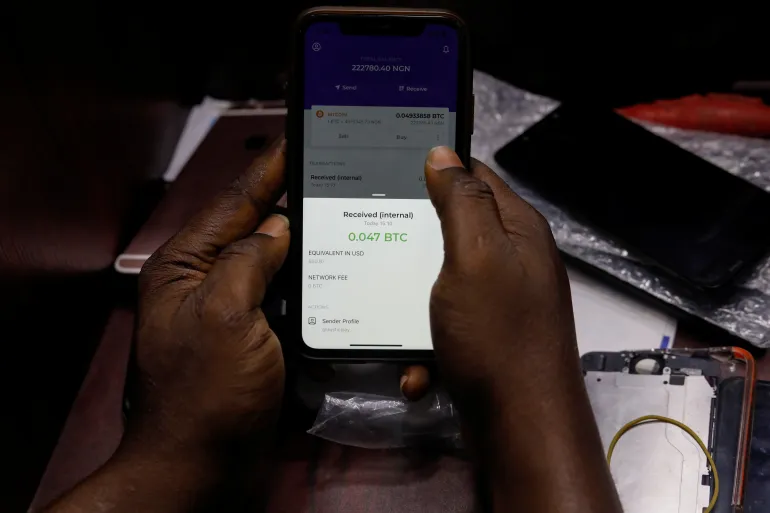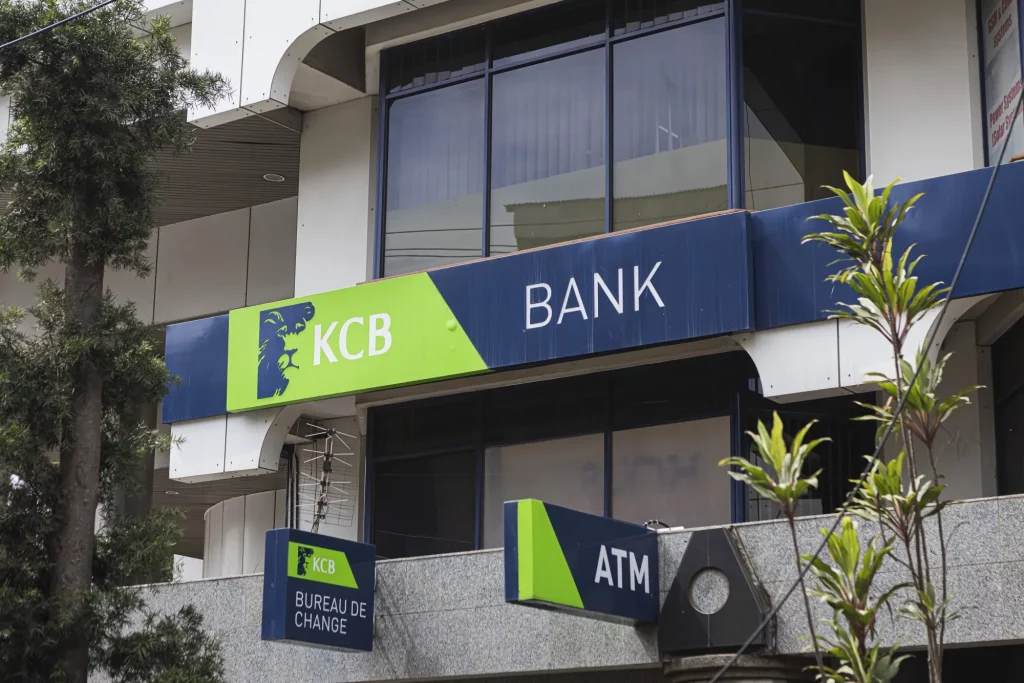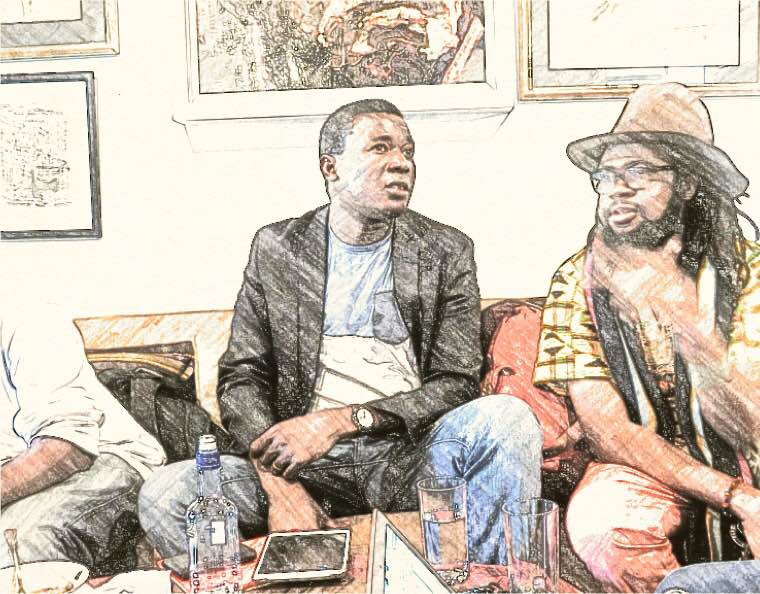
We recently reported that the linguist and Fullbright scholar, Kola Tubosun and the team at yorubaname.com have hit their funding target on Indiegogo. Next, we sit in with Kola as he talks about what the post-Indiegogo yorubaname.com team is up to, and the new and exciting faces of the project.
TC: Congrats again Kola.
KT: Thank you very much. Your platform was quite instrumental in getting the word out about the project, so accept my appreciation on behalf of the team.
How do you feel about crossing the goal, albeit narrowly?
Pleasantly surprised, in fact. I had a feeling that we’d meet the goal, but I wasn’t quite prepared to exceed it.
But let me also say, for those who put their credit cards back into the pocket because they saw that we’d met the goal, that fundraising is STILL going on. Projects that meet their goal on Indiegogo are usually allowed to keep raising money for as long as possible. So, if you’re interested, you can still donate.
Why are we raising money still, you may ask. Here’s one reason. A while ago, I discovered that a famous scholar in Ibadan had, in fact, done an extensive work collecting names from all the corners of Yorubaland through the use of NYSC corp members serving in different parts of the Nigerian southwest. When I heard this, I got very excited and immediately wanted to have a word with him. His own project however was limited by the same problem that bedeviled all previous attempts at this work: it was being aimed for print. This is a problem first because no book can contain ALL of the names the Yoruba bear (and are still creatively generating everyday), and secondly because a book can’t teach a layman today how to successfully pronounce a Yoruba name as easily as a phone or computer app can. Third and most important, a book doesn’t have the immediate accessibility that a web or phone dictionary app can have to anyone across the world. So, I imagine that if I meet him, I would want to tell him what I’m doing, tell him how we can use his data to power something bigger and more efficient (and perhaps more profitable). Being an elderly man, and scholar, I doubt that he would expect me to come empty-handed.
Was there any time you wondered if you would make it past the $5,000 mark?
Sure. Like most endeavours, there were moments of doubt. At some point, I had a long list of friends, family, relatives, acquaintances and colleagues. And beside them I wrote whether they had promised or already delivered on their promise to donate. It helped to remind me of when to remind them (while I hoped that our relationship was strong enough to survive my annoying persistence). But I should also say that it was not all my effort. Publications (like yours) helped.
People who never met me but loved the project shared the link on their walls, and many tagged their friends and asked them to donate. This might be a time to mention a few of them: Ruona Meyer, journalist, was our first donor and all round trouper; Sarah Ladipo Manyika, Nigerian British writer, donated twice and sent the link to all her friends; Abe Oke, a colleague from way back to my undergraduate days, tagged and dragged his friends to contribute; Seun Kuti, the musician, expressed support from the start, and donated money; Luis Morais, a volunteer and Yoruba enthusiast from Brazil who has now joined our core group on the project, also gave generously. His enthusiasm is infectious; Rosanda Ellsworth, a friend and delightful lady from Southern Illinois gave promptly and generously, among many others. And I shouldn’t forget those who even gave in naira: Nike Adekanbi, Dada Babatope, Palang Kewa, Ifeh Agbomire, and Dapo Olukole. Couldn’t have done it without them.
How would you characterise the overall response to the campaign?
The overall response was extremely positive, and here again I thank everyone who made this happen, including Sahara Reporters for the engaging interview where I was given a chance to talk about the issues in our language attitude, and We The Humanities for giving me a whole week on the twitter account @wethehumanities to explore my thoughts on language acquisition, on the limits of the “native speaker” tag, on language teaching in other countries, the role of English in today’s world, the practice of naming across cultures, among others.
Was there a homestretch effect toward the end?
There certainly was a homestretch effect, if by that you mean people contributing faster towards the end. I know this because the last donor gave exactly the amount needed to complete the $5000. I found that amusingly heartwarming.
Achievement unlocked. You hit the goal and got the funding. What’s next?
The fun part now begins. Actually, it began long before the fundraising goal was met. First we got Dadepo Aderemi, a super brilliant Nigerian resident in the Netherlands, to handle the coding headquarters. He was the first volunteer on the project, having shared a similar enthusiasm about African languages in technology for a long time. He’s now our software coordinator. Then came Koko Godswill who is a wizard with design (and also coding). He made our logo and is going to be designing the front end. He lives in Lagos. The fourth member of the team is Luis Morais, whom I mentioned earlier. Luis is a Brazilian (with Yoruba roots) in the UK with extensive experience in both language and user experience and has been involved, even at a conceptual level, with this idea for a very long time. I shared his brilliant article on my blog two weeks ago.
There are other two interns/volunteers that we intend to utilize shortly. One of them, already in, is the brilliant Esther Olatude currently on a scholarship sponsored by Interswitch at the Meltwater Entrepreneural School of Technology in Ghana, while the other is Kehinde Ligali, an undergraduate (with a minor in Linguistics) at the India University, Bloomington.
What’s next? We’ve been working super hard to get something concrete out by our set deadline.
The project launch is 49 days away, how are things looking in your team studio right now?
A couple of days ago, we played around with some wireframe of design concepts.
What you see there (and I repeat that this is not the final layout, but just a conceptual design) is how users will be able to input words with the help of a Yoruba keyboard. Most keyboards used on the continent at this moment are Eurocentric and do not allow tone marks and subdots (things that let you be able to write names like Kọ́láwọlé, for instance). So, users of the dictionary will not need to get a Yoruba keyboard to use the dictionary. They’d either be able to enter the names as their keyboards will allow, and have our autocorrect fix the tone marking immediately they’re done typing, or have this suggestive input where any stage of typing can be stopped for the user to use a mouse to select the right word from a set of options. We are still trying to figure if both will work or if we should just stick with one.
By the way, we may launch before 49 days is over. It’s however important to keep expectations low. What we intend to launch is not ALL of what the dictionary needs to be. We want to launch with as many names as we currently have, which are already in the thousands. But users at this initial stage will not be able to find EVERY property of each name just yet. I imagine that if you checked on Wikipedia on the first day of launch, it wouldn’t be as rich as it is now. Like Wikipedia, this work will ALWAYS be a work in progress, but we intend to keep it open so that users can participate in the work in whichever way that they can.
Much of what we do every day (and night) is trying to figure out how the platform will work both for the linguists and lexicographers as well as for the users. Since it is a project based on crowd-sourcing, there needs to be a platform for each user/volunteer interested in long term participation in the lexicography to sign in and out, track his/her contributions, and interact with the core team. And for we members of the core lexicography team, we need something easy to use and flexible enough to allow us work offline and online depending on schedule. Right now, there is a way to do a batch uploading of work already done on the computer. This is all based on the ingenuity of my team. I can’t write a line of code, and I don’t know how I’d have done this without them. Oh, and nobody is getting paid (yet). Imagine that we can eventually make this profitable and self sustaining. There’s a bigger reward in that.
What were some background activities your team engaged as the funding progressed?
We were trying to get institutional support. So far, we have Goethe Institut who has opened their library to our use. They also got us into the last Social Media Week and have promised to support in any (non-financial) way. We also applied for other grants that might make the work smoother and easier. I hope we get some. While doing that, we talked to resource persons who knew a thing or two about technology and culture. Dr. Tunde Adegbola, a mentor in Ibadan, is one of these rare gems. His African Language Technology Initiative in Ibadan is an informal partner.
We also debated outline, and content, and what each dictionary entry will look like, and how best to realize that with as little stress on the user (and back-end providers) as possible. The genuine personal interest and intellectual investment of each of the team members in the work ensured that we didn’t need to wait for the fundraising to be over before work was already halfway done. In the lexicography department, we have been collating the data in a database form, with meaning and pronunciation. The earlier problem we had was with tone marking, that is, finding the easiest way to put tone marks and subdots on the original entries in the fastest possible time. Thanks to Luis, my keyboard is now Yoruba-compliant and I can type “Ẹlẹ́mìídé” without breaking a sweat. We’ve now moved to work on standardization, entry specifications, format, etc.
We’re also currently studying how we can get the computer to do all the pronunciations. Imagine having to have a human being pronounce over 50,000 names and then have it uploaded on a server. That looks a lot more stressful than having a perfect algorithm that combines already pronounced segments and syllables to form intelligible words, phrases, and sentences. This will be useful not just for Yoruba Names (which is just the first of the many projects we intend to work on), but for Igbo (and we already have the lexicographer for this), Hausa, Ibibio, etc, as well; and not just for names either, but for a lexical dictionary of all those languages and more. We intend to achieve this, by the way. We’re not just talking about it. We’re committed to changing the worldwide web’s attitude to African (and other indigenous) languages. We have no excuse for failure.
What should we look forward to on the site at the final unveiling?
You should look forward to finally being able to find your name, its meaning and other properties in an online wiki/dictionary, and hear it pronounced either by a person or by a machine. And maybe one day in the future, Microsoft Word no longer has to draw that red wriggly line under a name like Olúgbénga. But until we create an alternative, Microsoft will continue to have an excuse. Same for all those Hollywood stars (and television broadcasters) abroad who can pronounce Schwarzenegger but will tell you that Oyèlọ́wọ̀ is such a hard, ethnic name that needs to be sung to get right.









